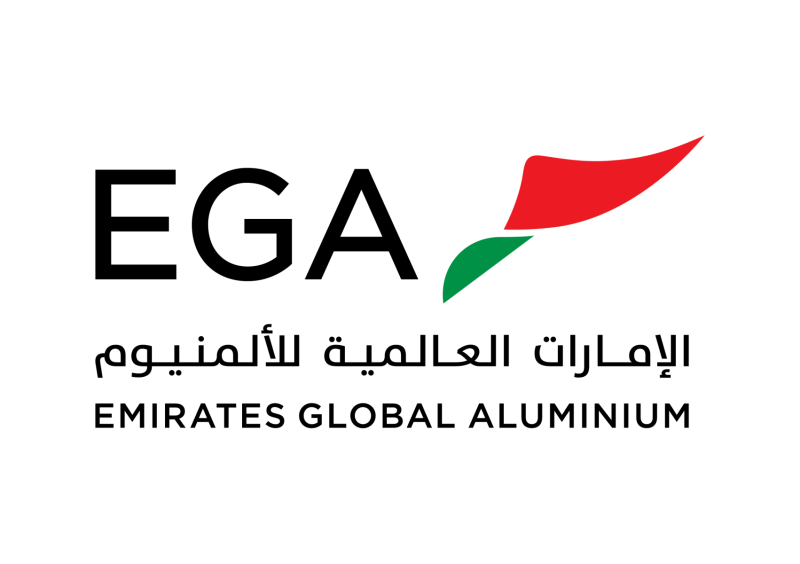

Emirates Global Aluminium today announced the successful hatching of 143 critically endangered Hawksbill turtles at the company’s Al Taweelah beach during this year’s nesting season. This brings the total number of hatchlings recorded near EGA’s operations to 7,643 since EGA began its turtle conservation efforts in 2011.

The Hawksbill turtle is the only critically endangered sea turtle species known to nest along the UAE’s coastline. Throughout the season, EGA’s Sustainability team closely monitors nesting activity, safeguards turtle nests from predators and marine debris, and provides care for any injured or ill turtles found along the shore.
Some 118 nests have been laid on the beach next to EGA’s operations since the monitoring programme began.
Earlier this year, EGA released seven rehabilitated sea turtles at our Jebel Ali beach, in collaboration with the Jumeirah Group’s Dubai Turtle Rehabilitation Project. The initiative is part of EGA’s ongoing partnership to support the recovery of injured and sick turtles and their return to the wild through the centre near Burj Al Arab. One of the released turtles was tagged with a satellite tracker to monitor its journey.
Abdulnasser bin Kalban, Chief Executive Officer of Emirates Global Aluminium, said: “Our team works hard to ensure that our beach is safe for the Hawksbill turtles return every season. Hawksbill turtles are part of our nation’s natural heritage and we are committed to protecting the wildlife and biodiversity near our operations.”
EGA organises a series of clean-up drives at Al Taweelah and Jebel Ali beach every year to help restore the beach for local wildlife. This year, some 300 employees from across the organisation volunteered for three beach clean-up activities and removed more than four tonnes of washed-up waste from the beach, which was responsibly recycled through authorised waste management partners.
The average female Hawksbill turtle is capable of laying 100 to 150 eggs each nesting season.
Responses








